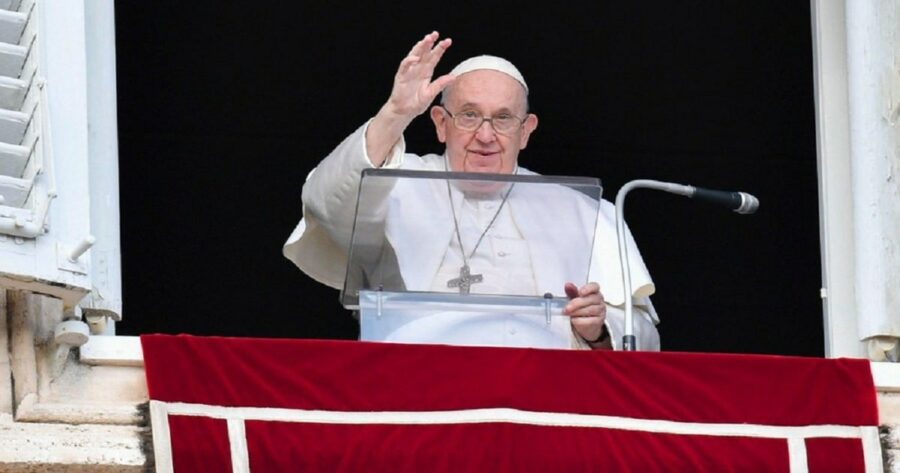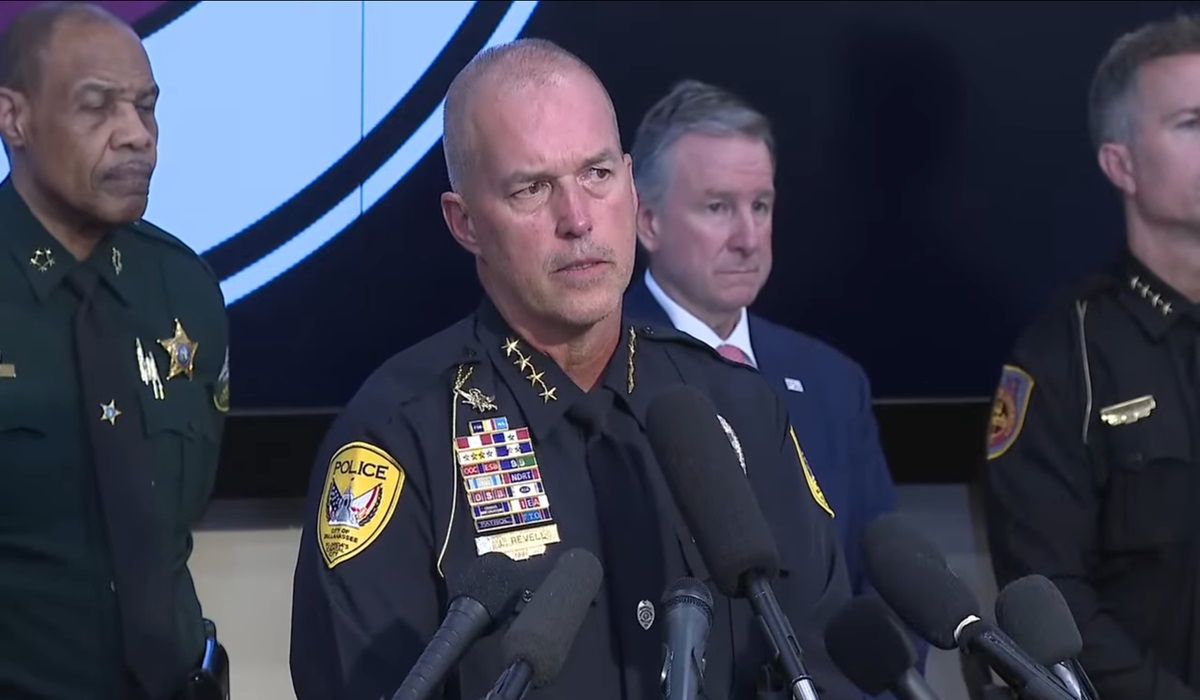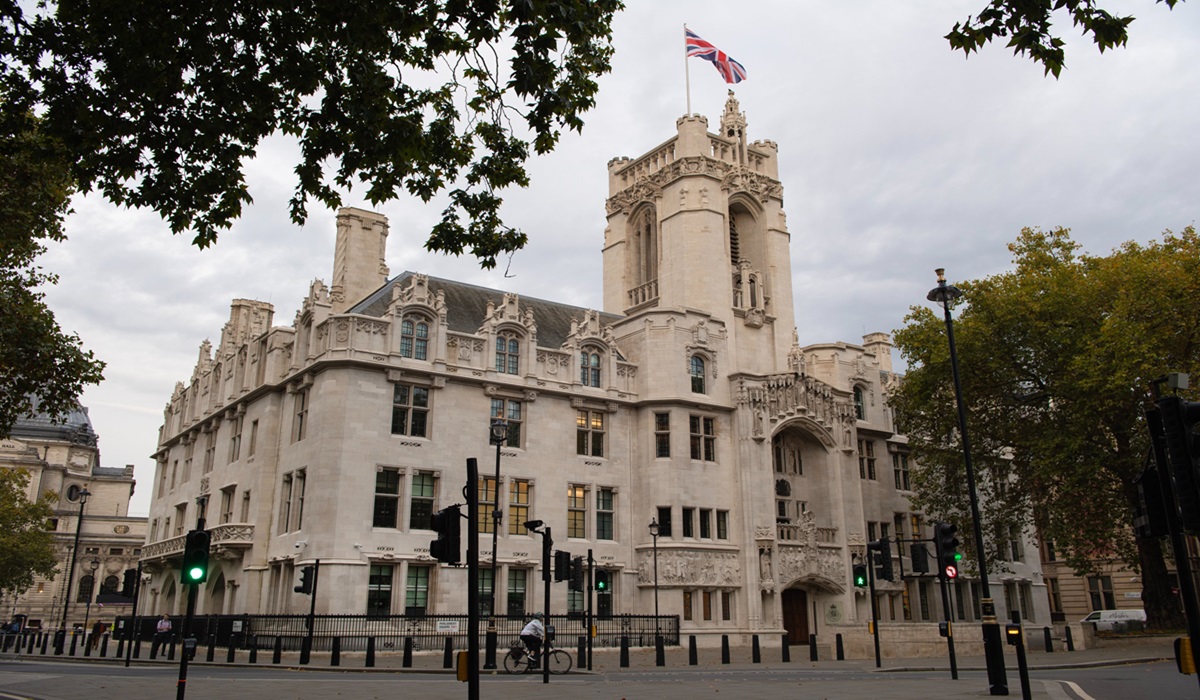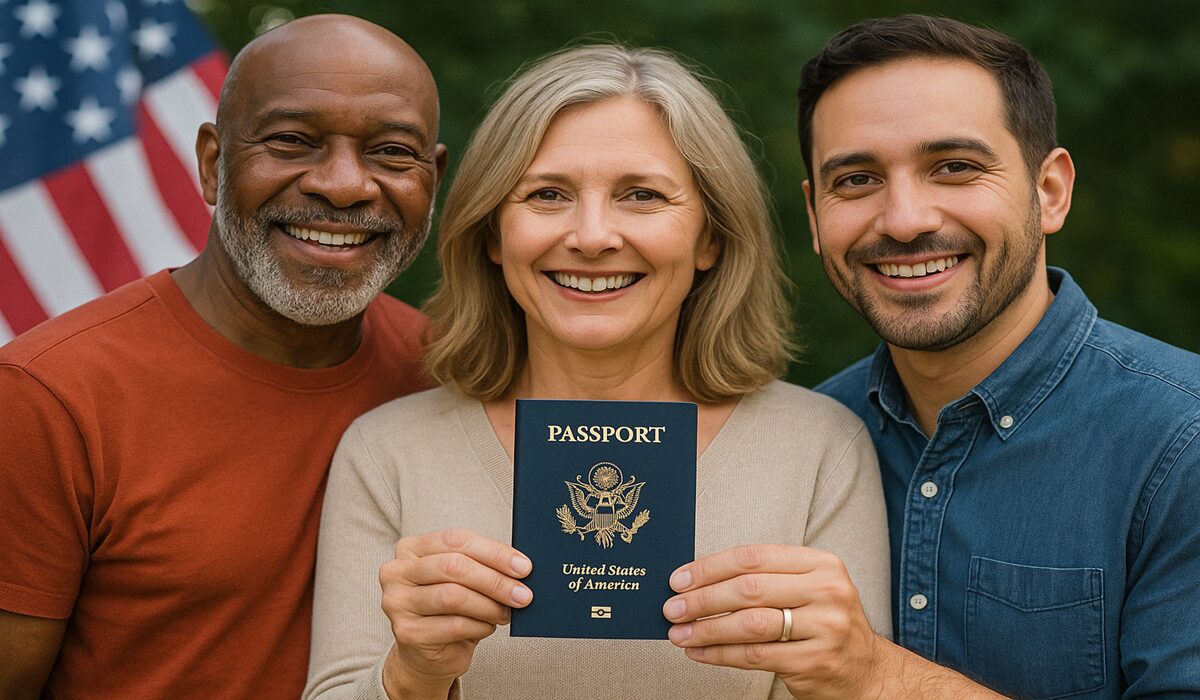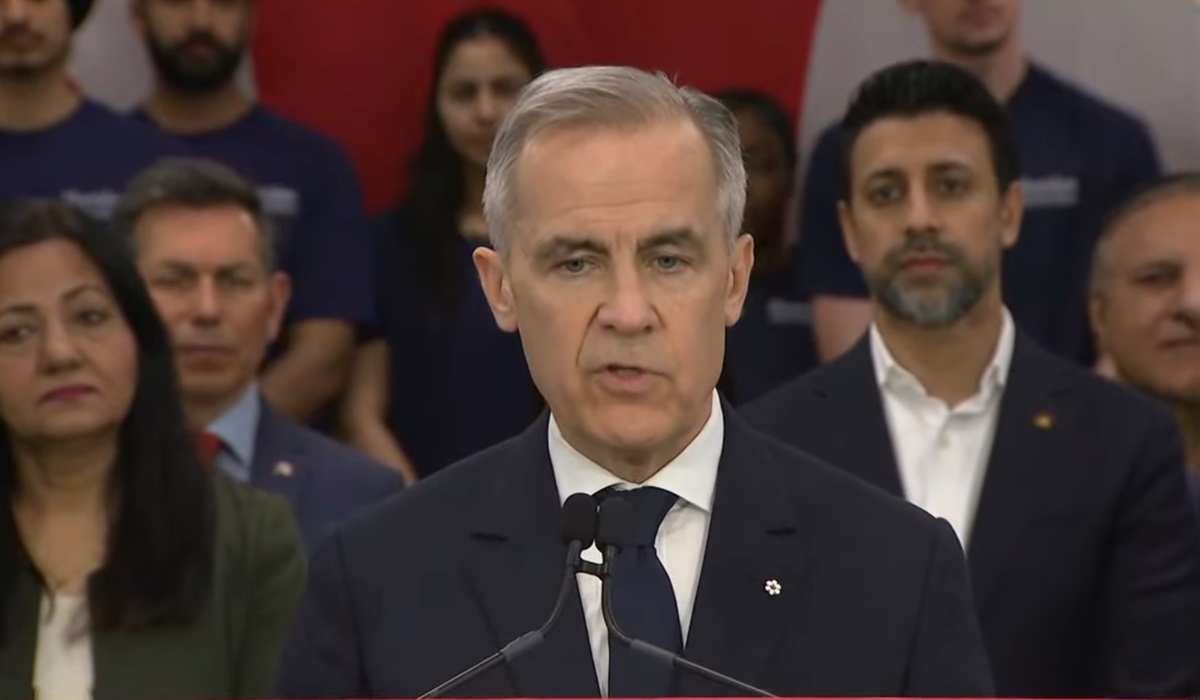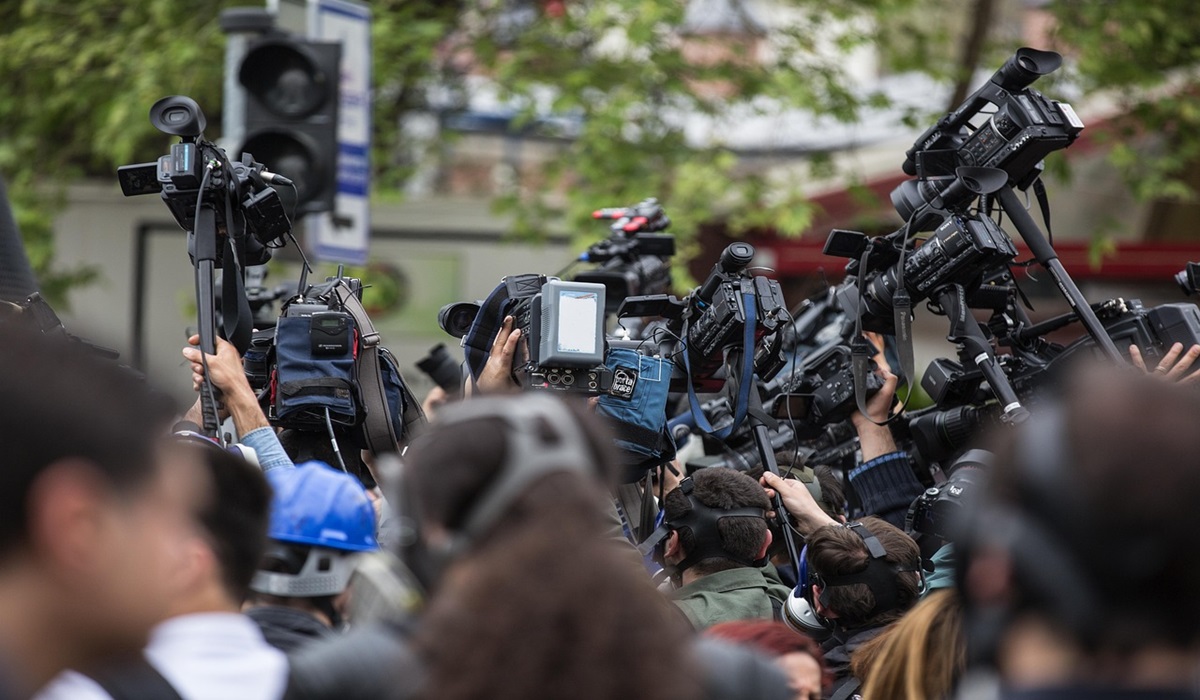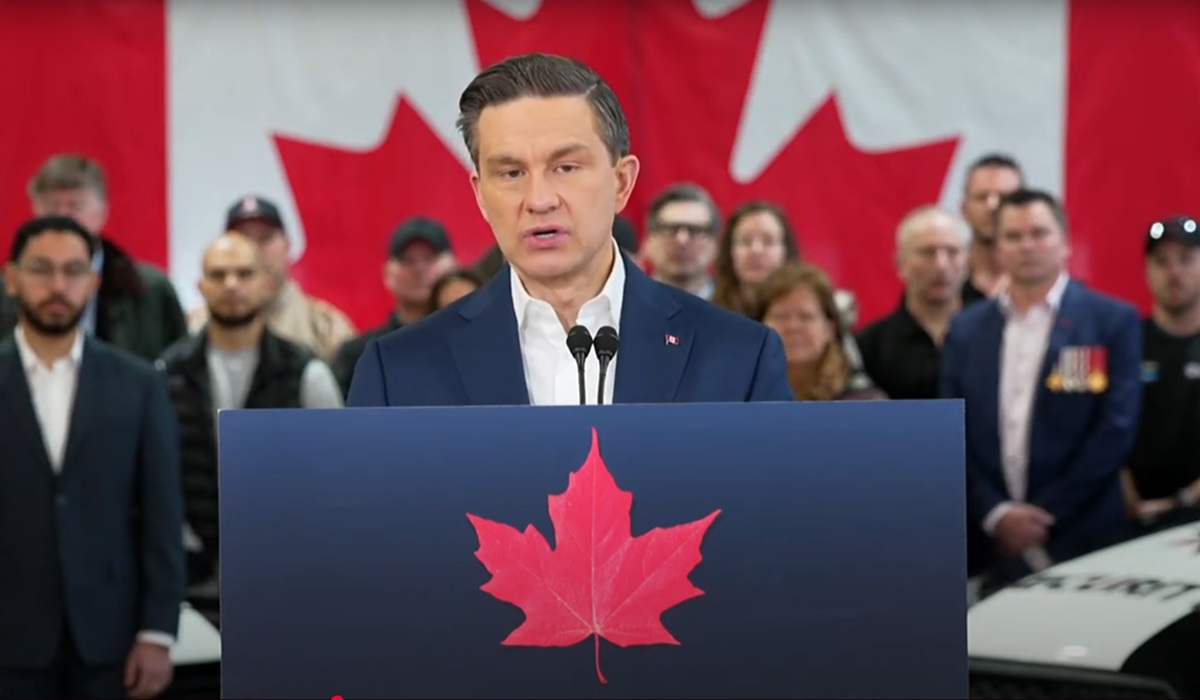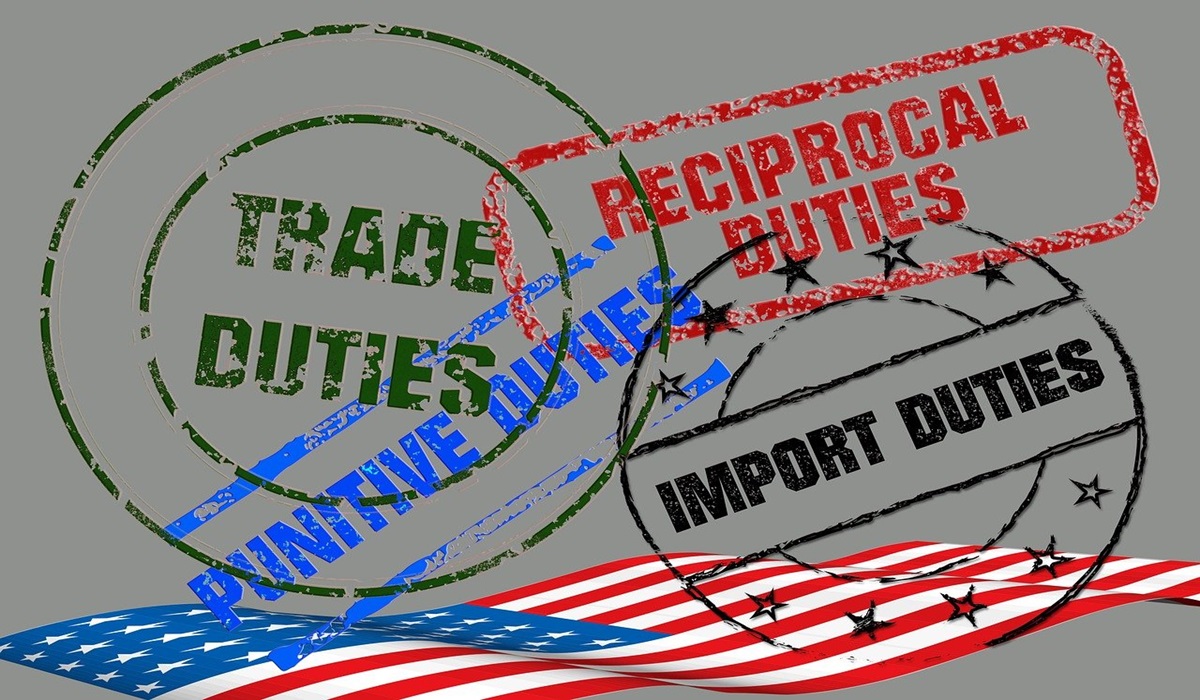Escalating Diplomatic Tensions: India’s Expulsion of Canadian Diplomats Imminent
- TDS News
- Breaking News
- South Asia
- World News
- October 6, 2023

As the diplomatic standoff between Canada and India escalates, it becomes increasingly evident that the situation is poised to reach a pivotal turning point. Tensions are mounting amidst this ongoing diplomatic crisis, and at the center of this unfolding scenario are Canadian and Indian diplomats facing a critical crossroads in resolving the growing discord between their respective nations, raising concerns and questions about the trustworthiness of governments and the need for transparency in international affairs. The Indian government’s decision to expel 41 Canadian diplomats by October 10th, the day after Thanksgiving, has left the Canadian government working the phones daily to repair its strained relationship with India.
At the heart of the matter is Canada’s accusation of an extrajudicial killing on its soil by the Modi government. However, Prime Minister Trudeau has declined to provide the nature and source of the evidence of this allegation requested by India, instead asking the world to take their word for it. Such an approach raises eyebrows in a world where transparency and trust are paramount. While there is a need for secrecy and safeguarding national interests, citizens deserve a government that can be trusted.
Adding further complexity to the situation is the identity of the person allegedly assassinated, who is said to be a member of the Khalistan group—a group India and Canada classify as a terrorist organization. This shared stance on terrorism highlights the inconsistency in the two nations’ positions and the need for clarity in their diplomatic exchanges.
The absence of public evidence and proof in this diplomatic row has drawn attention to the right of the accused, in this case, India, to face their accuser. In any legal proceeding, the accuser is expected to have the right to confront the accused and access the evidence against them. This basic principle should not be overlooked in international diplomacy, where accountability and justice should prevail. Suppose the evidence does become public and confirms the assertion by the Canadian Prime Minister. In that case, India must accept the full consequences and ramifications imposed by the Trudeau government.
Furthermore, if any nation were to level accusations against the Canadian government, particularly about extrajudicial killings or any actions of such grave magnitude, it would be expected that Canadians would have every reason to be deeply disappointed if their government did not wholeheartedly and emphatically deny such allegations. In such a scenario, it would be only natural for the Canadian government to demand concrete proof and evidence, demonstrating their commitment to transparency and accountability. The importance of consistency in these matters cannot be overstated; the same level of scrutiny and due process that Canada would expect for itself should also be extended to other nations, reaffirming the principles of fairness and justice on the international stage.
The fallout from this escalating dispute has immediate consequences. Visa applications and processes between the two nations have been suspended, affecting countless individuals who rely on these processes for travel and business purposes. India insists on parity, with 20 diplomats in Canada compared to Canada’s 61 in India. India’s decision to remove 40 diplomats by October 10th will force Canada to close multiple diplomatic locations or operate severely understaffed.
The diplomatic tensions of the past few weeks have put immense pressure on the Canadian government, with the Prime Minister and Foreign Affairs Minister, Melanie Jolie, facing significant challenges. This discordance with the Canadian way of handling international relations is disconcerting, given Canada’s reputation for diplomacy and cooperation.
The future of this crisis remains uncertain. What is clear, however, is that within the next five days, at least 41 Canadian diplomats will be on planes leaving India. Until tensions are resolved, there will be significant disruptions in visa applications, trade relations, and other diplomatic matters, causing substantial problems for both countries.
As the world watches these events unfold, it is evident that the need for transparency, accountability, and open communication in international relations cannot be overstated. Trust between nations is paramount, and governments must be willing to show evidence to support their claims in the interest of justice and diplomacy. Only time will tell how this complex and troubling situation between India and Canada will ultimately be resolved.

